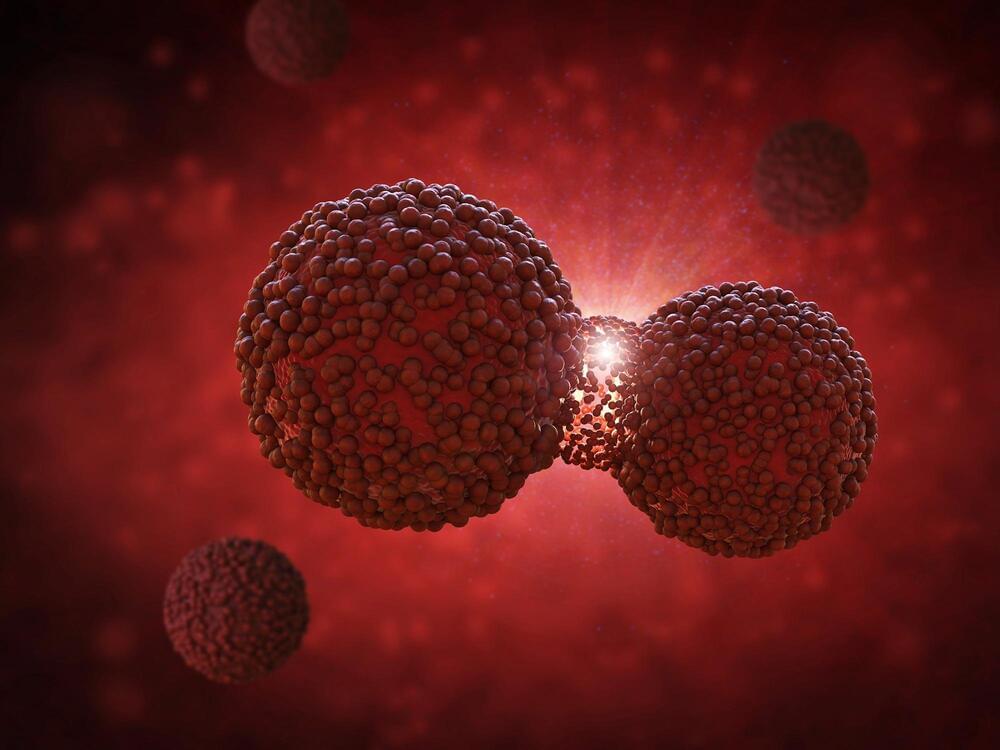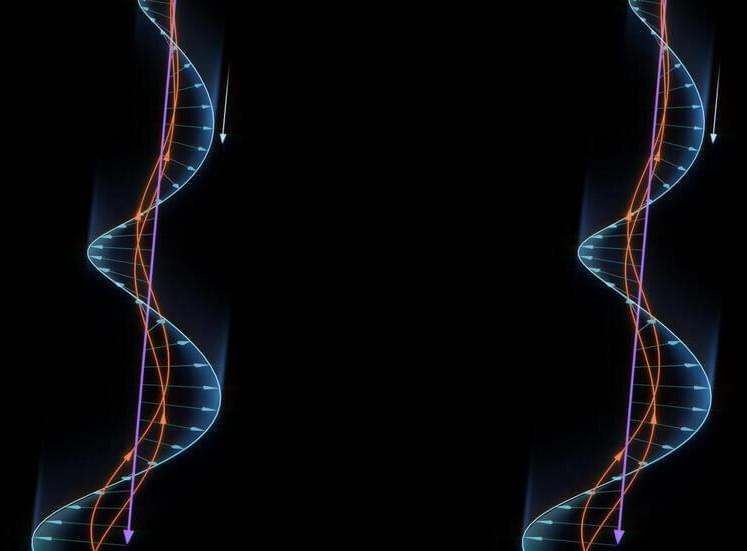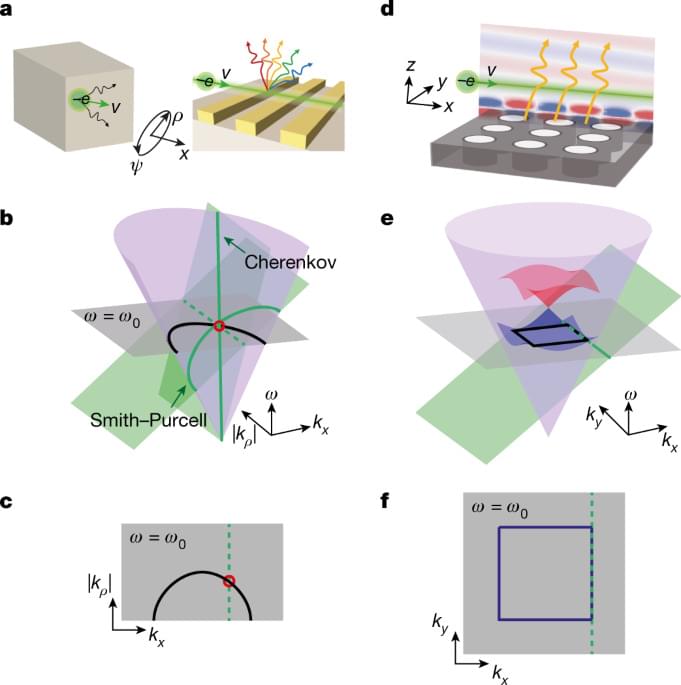Interesting interview about the future of Ageing with leading expert with Aubrey De Grey.
This week we interview the phenomenal Aubrey De Grey, the world’s foremost authority on longevity and developing strategies to slow or eliminate aging altogether. The author of The Mitochondrial Free Radical Theory of Aging (1999) and Ending Aging (2007), De Grey is probably best known for the concept of Longevity Escape Velocity, a view that soon medical technology will enable human beings to prevent age-related deterioration, and eventually eliminated aging entirely.
The future of Ageing with Aubrey De Grey.





